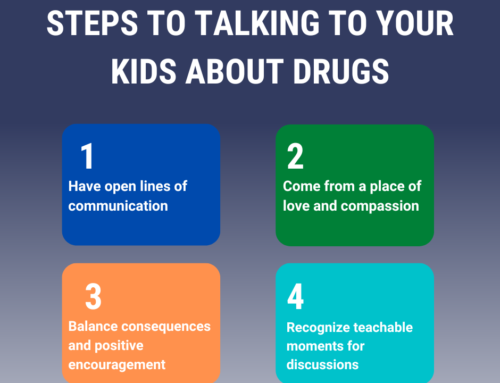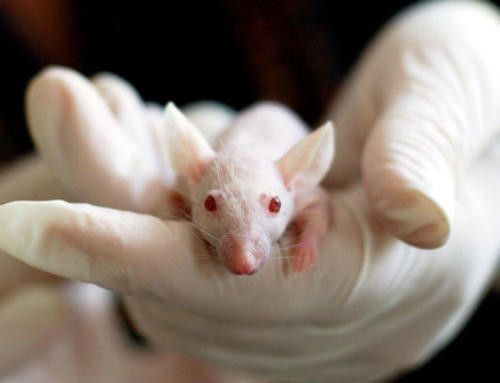Meth is cheaper and more readily available than many street drugs. Meth is also one of the most violent addictive substances towards the brain. Many addiction experts believe it is the most difficult drug to not relapse from after treatment. This probably has much to do with meth’s intensity while using.
Meth is typically snorted giving it instantaneous access to the brain. Once absorbed, meth can release insane amounts of dopamine down the neural pathway toward the pleasure center of the brain. Many addicts consider meth to be their favorite drug due to this highly euphoric feeling. With so much dopamine being released into the brain a chemical imbalance is created the body was not designed to handle. Extended use of meth will cause moderate to severe brain damage.
When the brain is flooded with dopamine, a person becomes dependent quickly. The experience can be likened to riding only one of many roller coasters at a theme park, because it is the best. The meth users brain will begin to misinterpret chemical signals, and activities that used to bring them pleasure will no longer stimulate. Some addicts have reported that sexual excitement is difficult or even impossible to achieve unless they are high on meth. Meth is their rollercoaster. Additionally, when a person comes down from meth, short term withdrawal symptoms are intense. Uncontrollable crying and even suicidal thoughts are common. If you are struggling with thoughts of suicide please call the National Suicide Prevention Lifeline 1-800-273-8255.
Meth also indirectly affects the brain through its side effects. The most common side effect is sleep deprivation, which can fatigue major organs in the body causing them to function erratically. Some meth users also experience a group of side effects called tweaking. Tweaking is a broad term covering a wide range of psychosis, hallucinations, agitation, and other severe mood swings.
In the most severe cases meth addicts’ brains can be severely damaged. The damage done is often compared to Parkinson’s disease with symptoms including: irregular motor skills, tremors, impaired speech, and outbursts of emotion.
Meth is a drug that melts the brain. CT scans of actual meth users show the horrifying effects of the drug over an extended period. Despite the rate at which meth decays the brain, hope is not lost. In many cases meth users who have sought treatment, and not relapsed, have experienced phenomenal recovery to their cognitive function. Time in recovery can reverse some of the damage done by meth. The quicker an addict receives treatment, the more damage their brains will likely repair.
The Springboard Center knows that recovery is important to you. That is why we are providing the best care for alcoholism and drug addiction possible to the Permian Basin and beyond. Our goal is to provide quality residential treatment that restores the health and dignity of our clients and their families. Together, we gain raise community awareness and heal lives. Call us today for information: (432) 620-0255




